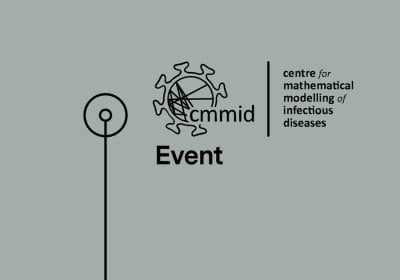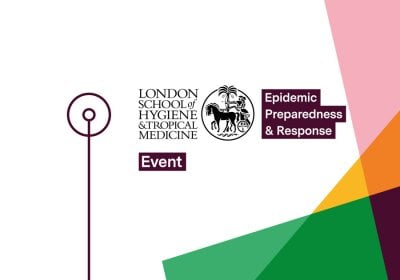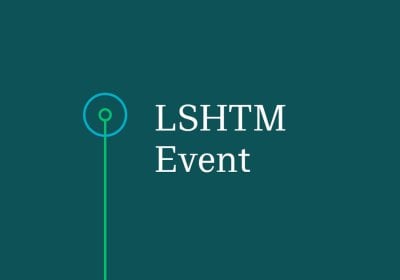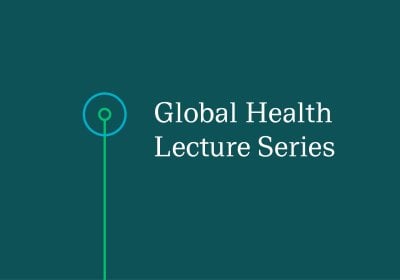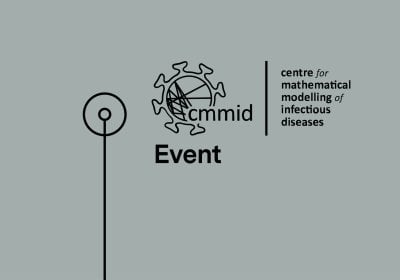Real-time tracking for real-life pandemics: Nextstrain and SARS-CoV-2
The emergence of SARS-CoV-2 has driven an enormous global effort to contribute and share genomic data in order to inform local authorities and the international community about key aspects of the outbreak. Analyses of these data have played an important role in tracking the epidemiology and evolution of the virus in real-time.

Nextstrain is an open science initiative to harness the scientific and public health potential of pathogen genome data, and has previously provided key insight into outbreaks of Ebola and Zika, and longer-term pathogen spread of Influenza and Enterovirus. It provides a continually-updated view of publicly available data alongside powerful analytic and visualization tools for use by the community.
The Nextstrain team has been maintaining an up-to-date analysis of SARS-CoV-2 at nextstrain.org/ncov since 20 Jan 2020.
In this talk, Emma will discuss the realisation of 'real-time tracking' with SARS-CoV-2 and what genetic epidemiology has allowed them to uncover about the virus' spread. She will also discuss some of the challenges Nextstrain has faced in processing and displaying large amounts of real-time data with unprecedented public attention, and how the move from 'global' to 'local' focus, and the emergence of new variants, is presenting new challenges.
Speaker
Emma Hodcroft received her PhD from the University of Edinburgh in 2015, studying the hertiability of viral load in HIV. While working for the Bill & Melinda Gates Foundation PANGEA_HIV initiative, she developed an agent-based model to simulate realistic HIV phylogenies, and sequences, used to validate phylogenetic methods for inferring epidemic parameters. In 2017, Emma joined the Neher Lab, in large part to work on Nextstrain, an analysis & visualisation pipeline to enable real-time tracking of pathogens. She has since become a key developer on Nextstrain, adapting it to work with bacterial data and helping to completely refactor the project into a more modular code-base.
Prior to the COVID-19 pandemic, Emma worked on projects with tuberculosis, campylobacter, influenza, and RSV, but primarily studied Enterovirus D68, where she has formulated new hypotheses about its evolution and transmission patterns. Emma moved to working full-time on SARS-CoV-2 in February 2020, and has been a major player in maintaining the daily, dedicated Nextstrain builds, as well as adapting the platform to cope with the challenges the pandemic has brought, and aiding with phylogenetic analyses on data from all over the world. She has also founded CoVariants.org to aid in tracking both known and novel SARS-CoV-2 variants.
Emma is a strong advocate for open-source, open-science, & open-data, as well as promoting gender equality and diversity in science. Her dedication to accurate and accessible science communication has seen her rise to prominence during the pandemic, gaining over 50,000 Twitter followers, citations in over 60 media articles, and a German Wikipedia page. She is a recurring weekly guest on two BBC radio programmes.
LSHTM's response to COVID-19
LSHTM experts are involved in many different aspects of COVID-19 research as well as providing guidance to those responding around the globe every day. Find out about our latest research, news, events and free online courses on the outbreak.
Subscribe to our new LSHTM Viral podcast to hear the latest science behind the coronavirus outbreak and the global response to COVID-19. You can listen to LSHTM Viral wherever you get your podcasts: Anchor, Apple Podcasts, Breaker, Castbox, Google Podcasts, Overcast, Pocket Casts, RadioPublic, Spotify, Stitcher.
There cannot be any complacency as to the need for global action. With your help, we can plug critical gaps in the understanding of COVID-19. This will support global response efforts and help to save lives around the world. Support LSHTM's COVID-19 Response Fund.
Admission
Contact

